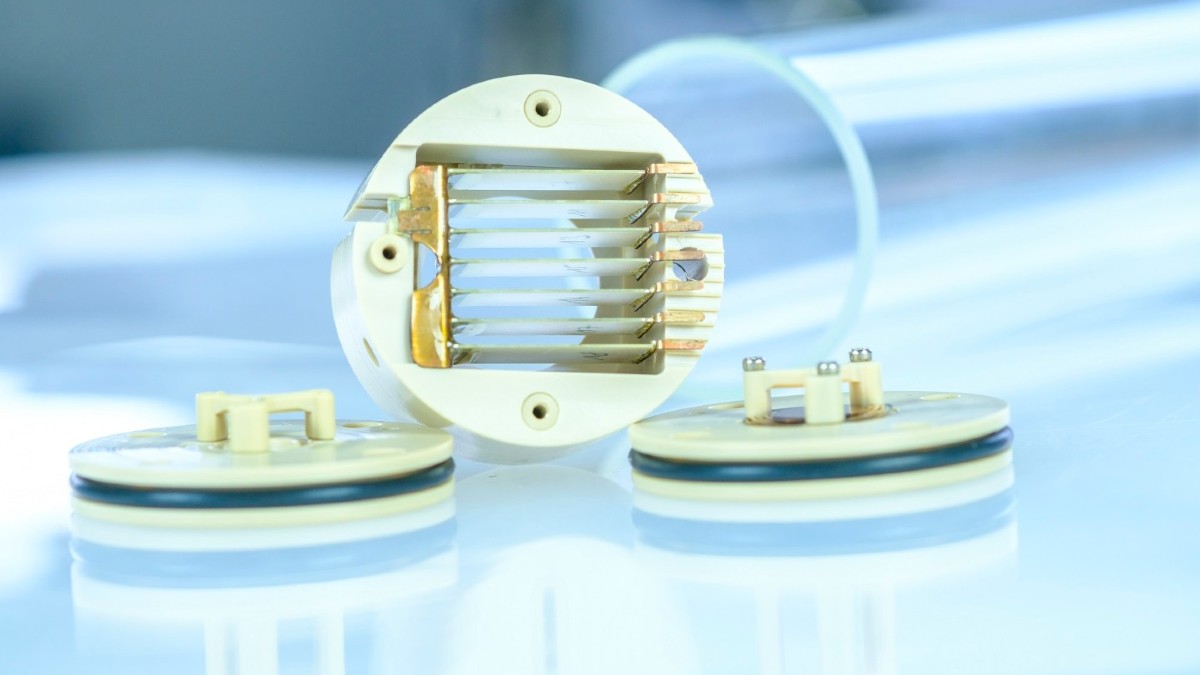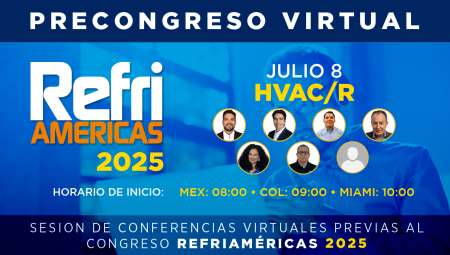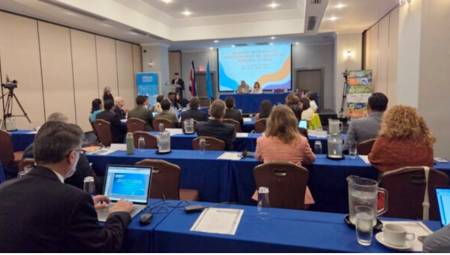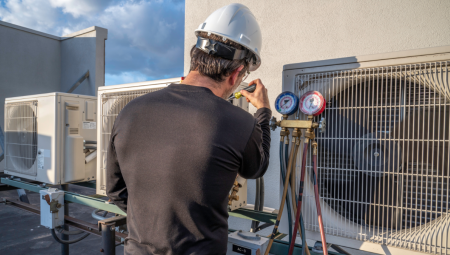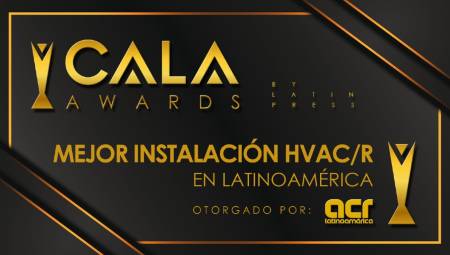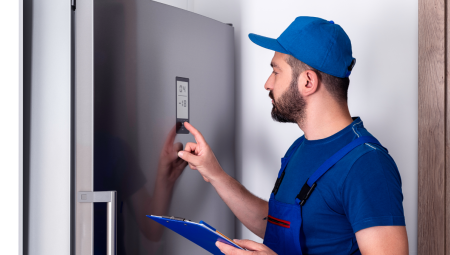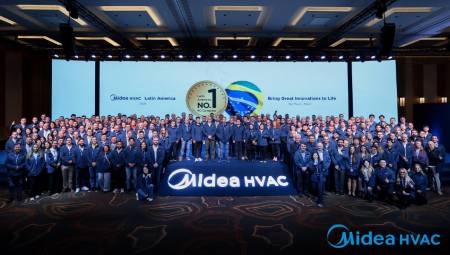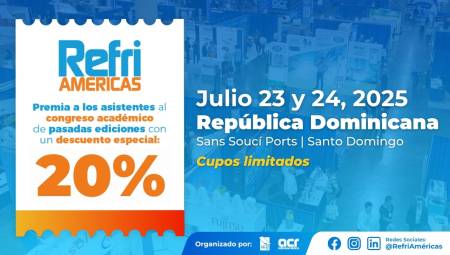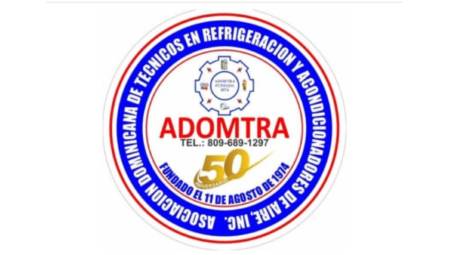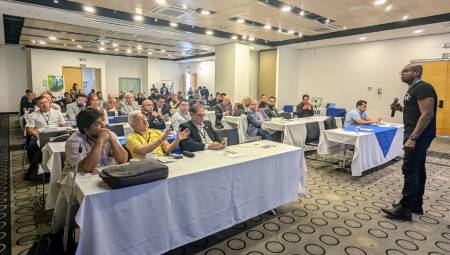Germany. Fraunhofer has taken a big step towards the development of highly efficient, compressor-free solid-state heat pumps.
With the recent completion of the ElKaWe research project, researchers have made significant advances in the design of materials and systems, establishing the first electrocaloric demonstrators to show the enormous potential of this technology.
The global demand for refrigeration and air conditioning systems is growing rapidly. Currently, most heat pumps are powered by compressors and are used for both heating and cooling. While they can play a key role in the energy transition when powered by electricity from renewable sources, the use of chemical refrigerants remains an environmental challenge.
With the ElKaWe (Electrocaloric Heat Pump) project, six Fraunhofer institutes have developed an innovative concept: solid-state heat pumps based on electrocaloric materials. These systems eliminate the need for harmful refrigerants and also have the potential to be more efficient than compressor-based systems.

"ElKaWe has generated a breakthrough in terms of materials, electronic components and heat transfer. Although there is still a long way to go, these advances are promising steps towards commercialization," explained Dr. Kilian Bartholomé, project manager at Fraunhofer IPM.
Electrocaloric materials: advances in polymers, ceramics and hybrid materials
The electrocaloric material is key to the development of efficient and durable heat pumps. During the project, the consortium investigated several options:
- A team from the Fraunhofer IAP designed ultra-thin electrocaloric polymer films with high dielectric strength, capable of forming components of up to ten layers, setting new international standards.
- Fraunhofer IKTS developed multilayer ceramic components based on PMN-PT (magnesium lead niobate/lead titanate), which meet the stringent requirements for dielectric strength and operating frequency.
- Long-term tests demonstrated the high stability of these materials: after 70 million cycles, no changes in their electrocaloric effect were detected.
- A promising ceramic material, barium-strontium-tin titanate (BSSnT), was identified as lead-free and RoHS compliant.
Efficient heat transfer without harmful refrigerants
One of the main challenges of electrocaloric heat pumps has been the rapid dissipation of heat. To improve the efficiency of the system, the Fraunhofer team used active elastocaloric heat pipes (AEH).
This innovative technology allows the transfer of latent heat through the evaporation and condensation of a fluid on the heat material. Unlike conventional heat pumps, which require chemical refrigerants, ethanol and water were used in this case, more ecological and sustainable solutions.
As part of the ElKaWe project, the Fraunhofer IPM integrated its patented HAE design into an electrocaloric system for the first time. This approach allows the fluid to evaporate and condense up to ten times per second, dramatically increasing the heat transfer efficiency.
The Fraunhofer FEP developed super hydrophilic layers that optimize evaporation and ensure stable long-term performance.
To prevent electric shock, the Fraunhofer LBF designed an electrode embedding system in epoxy resin inside the electrocaloric segments.
Advanced electrical control for greater efficiency
The performance of electrocaloric heat pumps also depends on their electrical control system. During the ElKaWe project, researchers from the Fraunhofer IAF designed a specific circuit for this type of heat pump.
The DC/DC multi-level GaN converter, developed within the project, achieved an electrical efficiency of 99.74%, setting a new global record for conversion efficiency, which was previously below 90%.
A technology with disruptive potential
The researchers developed and tested three demonstrator systems with up to four electrocaloric segments each. Testing confirmed that all components work together and achieve the expected performance.
Simulations indicate that the efficiency of these heat pumps, with current materials, is already comparable to that of compressor systems. In addition, the analysis of different types of materials suggests a high potential for improvement in the coefficient of performance.

"The interdisciplinary team worked exceptionally, solving key issues. The great potential of electrocaloric technology has been clearly demonstrated," said Christian Vogel, a member of the project's advisory committee.
ElKaWe marks an important step towards a new generation of compressor-free, more efficient and environmentally friendly heat pumps.


